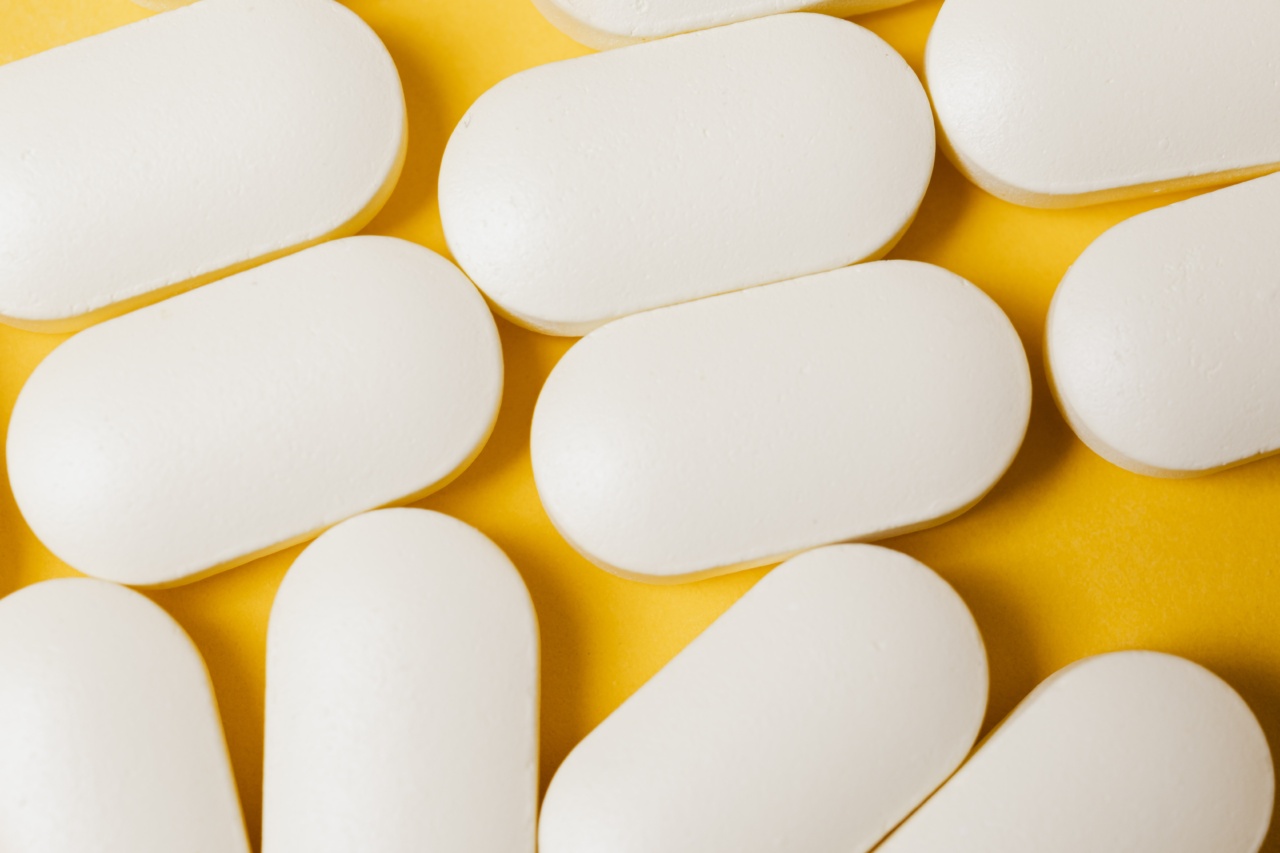Alcohol consumption is a common practice among many individuals, especially those who enjoy socializing or unwinding after a long day. However, excessive alcohol intake can have negative effects on various aspects of health, including oral health.
It is important for alcohol enthusiasts to take extra care of their oral hygiene to mitigate potential dental problems. This article will discuss oral care strategies specifically tailored for alcohol enthusiasts, ensuring they maintain a healthy smile while still enjoying their favorite drinks.
The Impact of Alcohol on Oral Health
Alcohol, particularly when consumed in excess, can negatively affect oral health in numerous ways. Some of the consequences that alcohol enthusiasts may face include:.
1. Dry Mouth
Alcohol has a dehydrating effect on the body, which can lead to reduced saliva production and dry mouth. Saliva is essential for maintaining oral health as it helps neutralize acids, wash away food particles, and prevent bacteria from thriving.
When the mouth is dry, there is an increased risk of tooth decay, gum disease, and bad breath.
2. Tooth Decay
Alcoholic beverages often contain high amounts of sugar, especially mixed drinks and cocktails. The frequent consumption of sugary drinks can contribute to tooth decay, as the sugars act as food for bacteria in the mouth.
Additionally, acidic alcoholic beverages, such as wine and certain spirits, can erode tooth enamel over time, making teeth more susceptible to cavities and sensitivity.
3. Gum Disease
Excessive alcohol consumption weakens the immune system, increasing the risk of gum disease. Gum disease, also known as periodontal disease, is an infection that affects the tissues and bones supporting the teeth.
It can cause symptoms such as bleeding gums, receding gums, and even tooth loss if left untreated.
4. Staining and Discoloration
Alcoholic drinks, such as red wine and dark spirits, can stain teeth over time. The chromogens present in these beverages adhere to tooth enamel, leading to a dull and discolored appearance.
This can affect the overall aesthetics of a person’s smile, potentially lowering self-confidence.
Oral Care Tips for Alcohol Enthusiasts
To minimize the negative impact of alcohol on oral health, follow these oral care strategies:.
1. Drink Water Before and After Alcohol Consumption
Staying hydrated is crucial to combat dry mouth caused by alcohol. Drink a glass of water before and after consuming alcohol to help keep saliva production up and wash away any lingering sugars or acids.
2. Use a Straw
Sipping alcoholic beverages through a straw can help minimize contact with teeth, reducing the risk of tooth decay and staining. This technique is particularly useful when consuming sugary or acidic drinks.
3. Limit Sugary and Acidic Drinks
Opt for lower-sugar and less acidic drinks when possible. For example, choose light beer over sweet cocktails or spirits. This can significantly reduce the damage to tooth enamel and decrease the risk of tooth decay and erosion.
4. Practice Good Oral Hygiene
Maintaining a consistent oral hygiene routine is crucial for alcohol enthusiasts. Brush your teeth at least twice a day using fluoride toothpaste, and don’t forget to floss daily to remove plaque and food particles from between the teeth.
5. Use a Mouthwash
Incorporating an alcohol-free mouthwash into your oral care routine can help freshen your breath and reduce the bacteria in your mouth. Look for mouthwashes that contain fluoride or antibacterial properties for enhanced oral health benefits.
6. Visit the Dentist Regularly
Regular dental check-ups are essential for everyone, but especially for alcohol enthusiasts. Dentists can detect early signs of tooth decay, gum disease, and other oral health issues before they worsen.
They can also provide professional cleanings to remove any stubborn stains caused by alcohol consumption.
7. Consider Alcohol Alternatives
If you’re concerned about the impact of alcohol on your oral health, you might consider reducing your alcohol intake or exploring alcohol-free alternatives.
There are numerous mocktails and non-alcoholic beverages available that can still provide a refreshing and enjoyable drinking experience without the negative consequences.
8. Quit Smoking
Many alcohol enthusiasts also tend to be smokers, which significantly compounds the risk to oral health. Smoking and alcohol consumption together increase the likelihood of developing oral cancer and other dental problems.
Quitting smoking is one of the best decisions you can make for both your oral and overall health.
9. Eat a Balanced Diet
A well-balanced diet that includes plenty of fruits, vegetables, and calcium-rich foods is essential for maintaining good oral health.
These foods can help strengthen teeth and gums and provide the necessary vitamins and minerals for optimal oral health.
10. Practice Moderation
Finally, moderation is key when it comes to alcohol consumption. Reducing the frequency and quantity of alcoholic drinks can significantly minimize the potential negative effects on your oral health.
Enjoy your favorite beverages in moderation to protect your teeth and maintain a beautiful smile.






























